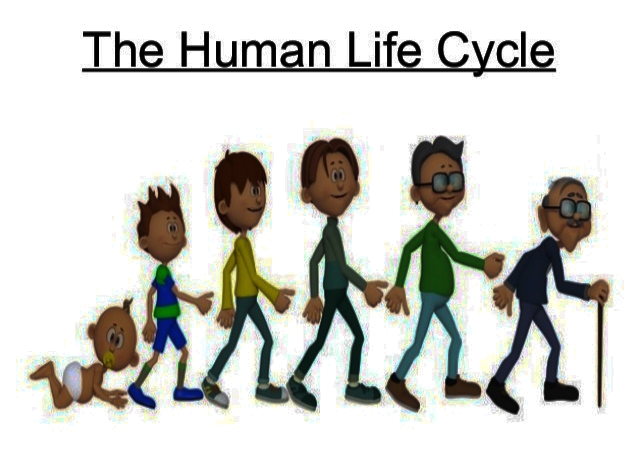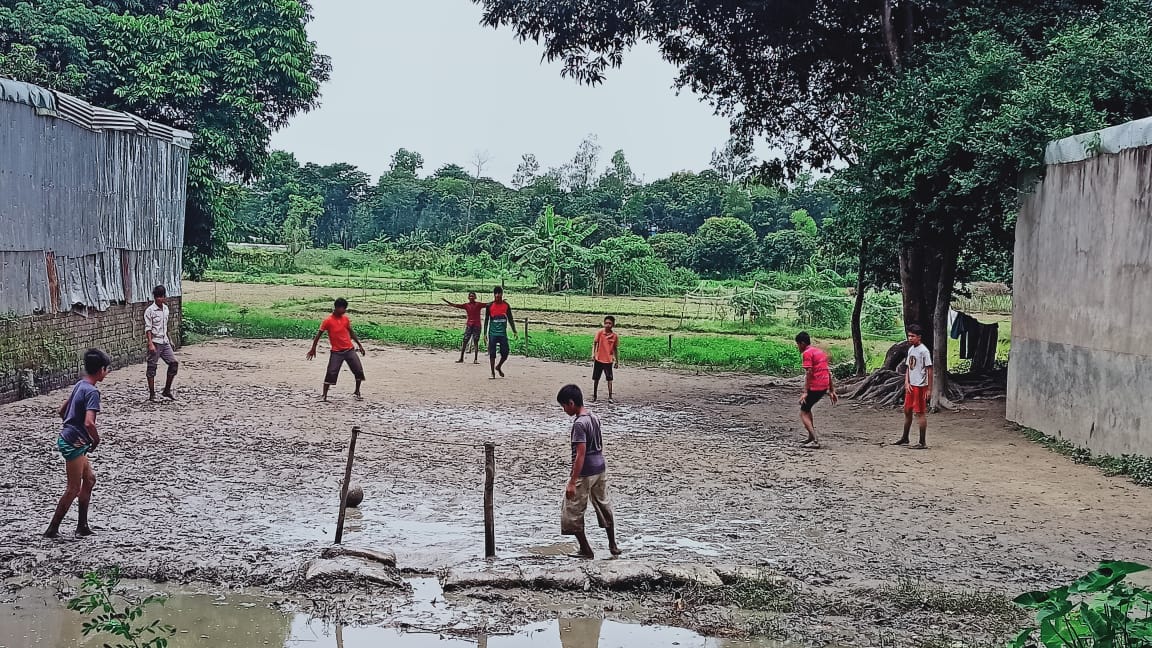Here You Are: A Brief Candle!
Md Nazim Uddin
———
Here was an afresh, new-born, cuddled and nourished one with so much hopes and aspirations by the forerunners; his careless pats with dirty, unclean or wet limbs of the body couldn’t disturb the loving careers. Here he grows up, with all, all his whims, curiosities and wonders, with all longings and belongings, with all his weal and woe, happiness and sadness.
Then there comes a wonderful moment for the parents; they love to live with the growing baby’s dreams: they dream of a success story ahead, take all pangs and pains, all threats and possibilities together.
Time passes, the ledger angels start writing the events of good and evil deeds, with the growing trends of his physical structures. There goes an unwilling boy to his school, loaded or burdened with heavy bags of books that gradually get reduced as he reaches the disliking boundary of school to wide independence of colorful college life.
There begins the development of his physical structure together with the enhanced trend of psychological conflicts within; the world seems very colorful, dreams pose attainable and the untrodden peaks of mountains seem easily discoverable to them.
The blending of the colors of this juvenile gets faded away at the sight of empty pockets, at the experience of hunger and thirst; it’s in the words of the poet – the iota of love is driven away by the advent of limitless wants, scarcity and limitations.
The unending struggle begins; the cool, reddish sun of beautiful dawn is not meant to him as a beginning of a day only, it rather becomes a warning bell to “strive, to seek, to find and not to yield”. Here starts the difference among the peer fellows; some ‘yield’ and some successfully ‘win’. At times, the stage is called ‘career’. It’s as if only few succeed to cross the borderline of success-race, where the age and clime of the participants remain almost same.
The result ultimately leads two path – the seemingly successful ones start to become busier than ever to grasp the peak, while rest others thrive to survive. One saves his eyes wearing sun glasses, while another gains strength to encounter the sunlight of the angry noon.
The emotional fool of sports field turns into a serious and dedicated helmsman of the family, contributing to the growth of all together. The fragrance of fame gets spread, the beauty of character widened. He dreams in the dream of his fellow family members, too, showing a remarkable foolishness, though. Each of the living beings lives on his own, while, imposing one is not at all welcomed, but newer helmsman of this family ship forgets it, resulting in the frustration and heartbroken state, at the end.
Out of those, some start their conjugal life, others follow. The success in ensuring harmony among the upper side- i. e., parents and newer side, the life partner -makes one truly happy, though as Sophocles uttered long ago, a man is not fully happy until he carries his happiness down to the grave!
On the other hand, frustration gets upper hand on those who meantime couldn’t settle on their livelihood, family politics and resultant intolerable conjugal conflicts. More on, non-recognition by the succeeding brethrens teach him what life itself is- his-his, whose-whose- and the realization and revelation comes at 40! May be, that’s why it’s said, life starts after 40!
The sun rises brightly with the growing faces of the angels in the life, the children in the family. The son becomes father the daughter -the mother and parents – the circle rolls beautifully.
The dream of children gets place of their own dream! The comfort of morning bed is sacrificed by the daily routine that their kids are now going to learn at school: the unwilling face of just-woke-up kids is replaced by the dream of the onlooker parents – ah! love,
‘Only our love hath no de-cay;
This no to-morrow hath no yesterday’ as John Donne says.
The cycle continues- as the turn of children is ups, that of parents gets down-sized! There gradually comes the salinity-
‘… The last scene of all
That ends this strange eventful history
Is second childishness and mere oblivion,
Sans eye, sans teeth, sans ear, sans everything’.
There again comes two sides, one sunny, another gloomy. Some, I repeat, some succeed to get back a small reflection of love they dedicated, while most of the people experience treachery, deprivation, humiliation and a sort of King Lear situation! The characters of Iago, that of Macbeth gets on top!
‘What a piece of work is a man, how noble in reason, how infinite in faculties, in form and moving how express and admirable, in action how like an angel, in apprehension how like a god.’
(William Shakespeare).
The universal riddle ends, as in Sophocles’ play Oedipus, “What creature walks on four legs in the morning, two legs at noon, and three in the evening?” Oedipus solved the riddle: “Man.” In doing so, Oedipus gave us one of our earliest maps of the human life cycle: In the morning of life (childhood), the infant crawls on all fours. In afternoon of life (adulthood), man walks upright on two legs. In the evening of life (elder-hood), the senior one walks with help from a cane. This riddle provides us with one of the most poignant images of the scope of human existence.
There are tears of repentance, the weeps of remorse, the agony of wrong-doings with look-back in anger! Some sincere one who repents get divine help, many, not! He wants to get back, but can’t ; he wants to do good, justice, but can’t! He who can find his Creator, wins in life here and hereafter!
The candle ends, the curtain!
“Out, out, brief candle! Life’s but a walking shadow, a poor player that struts and frets his hour upon the stage and is heard no more. It is a tale told by an idiot, full of sound and fury, signifying nothing.”
(William Shakespeare)
And finally,
it is the riddle, it is the cycle!
None knows, when bell of departure will ring, but it will, anytime!
—–
Md Nazim Uddin
Lekhokbangladesh.com
22 October 2020












